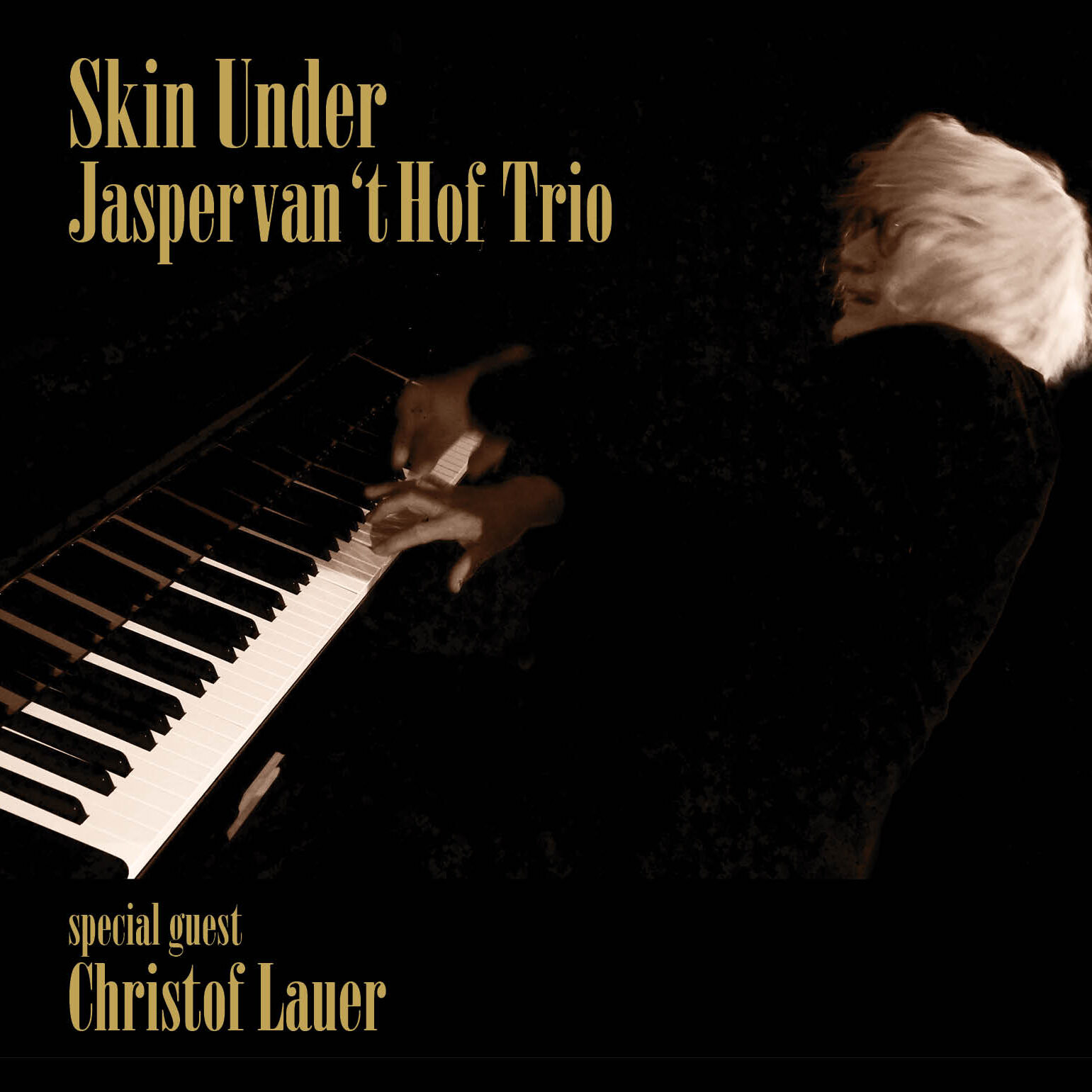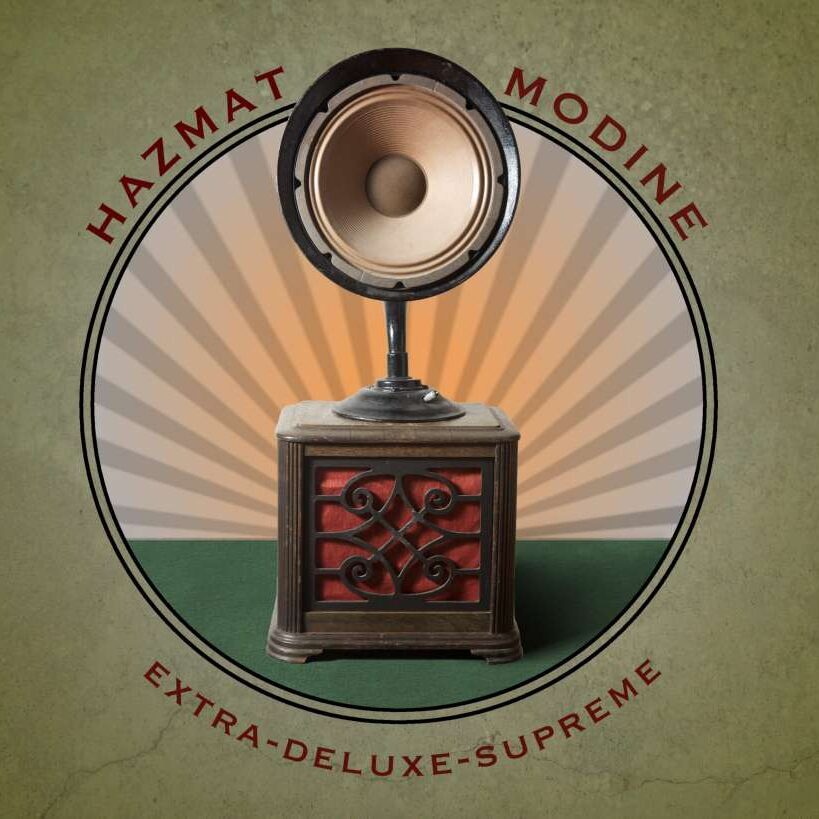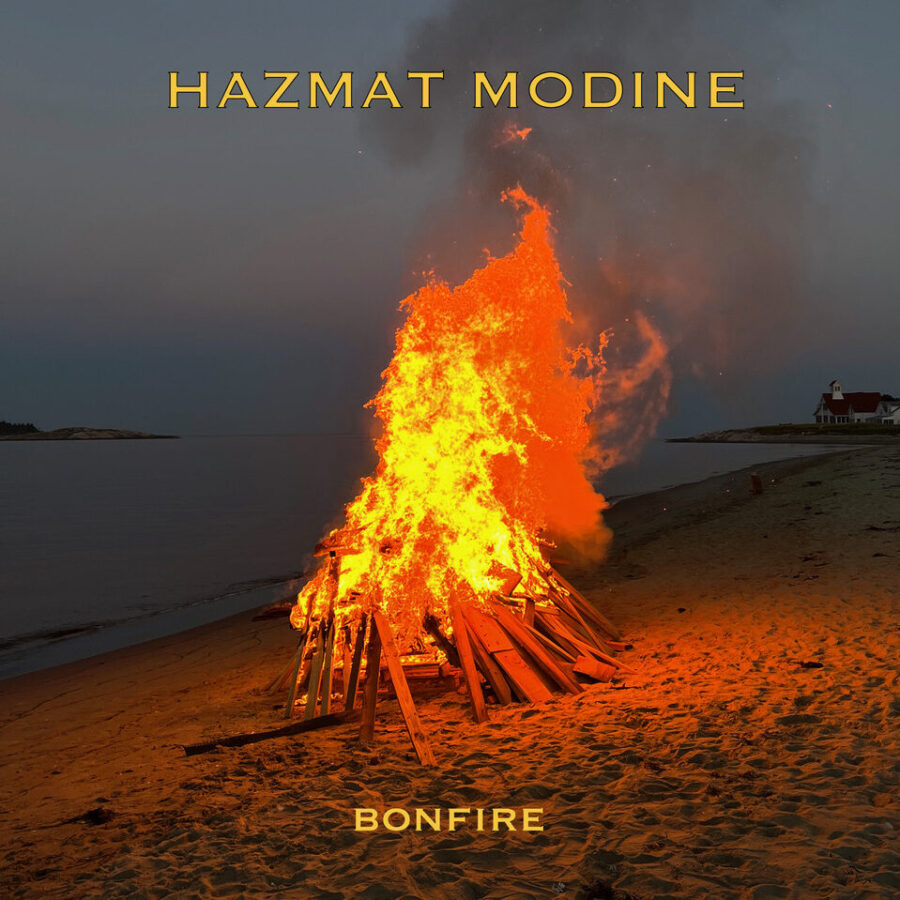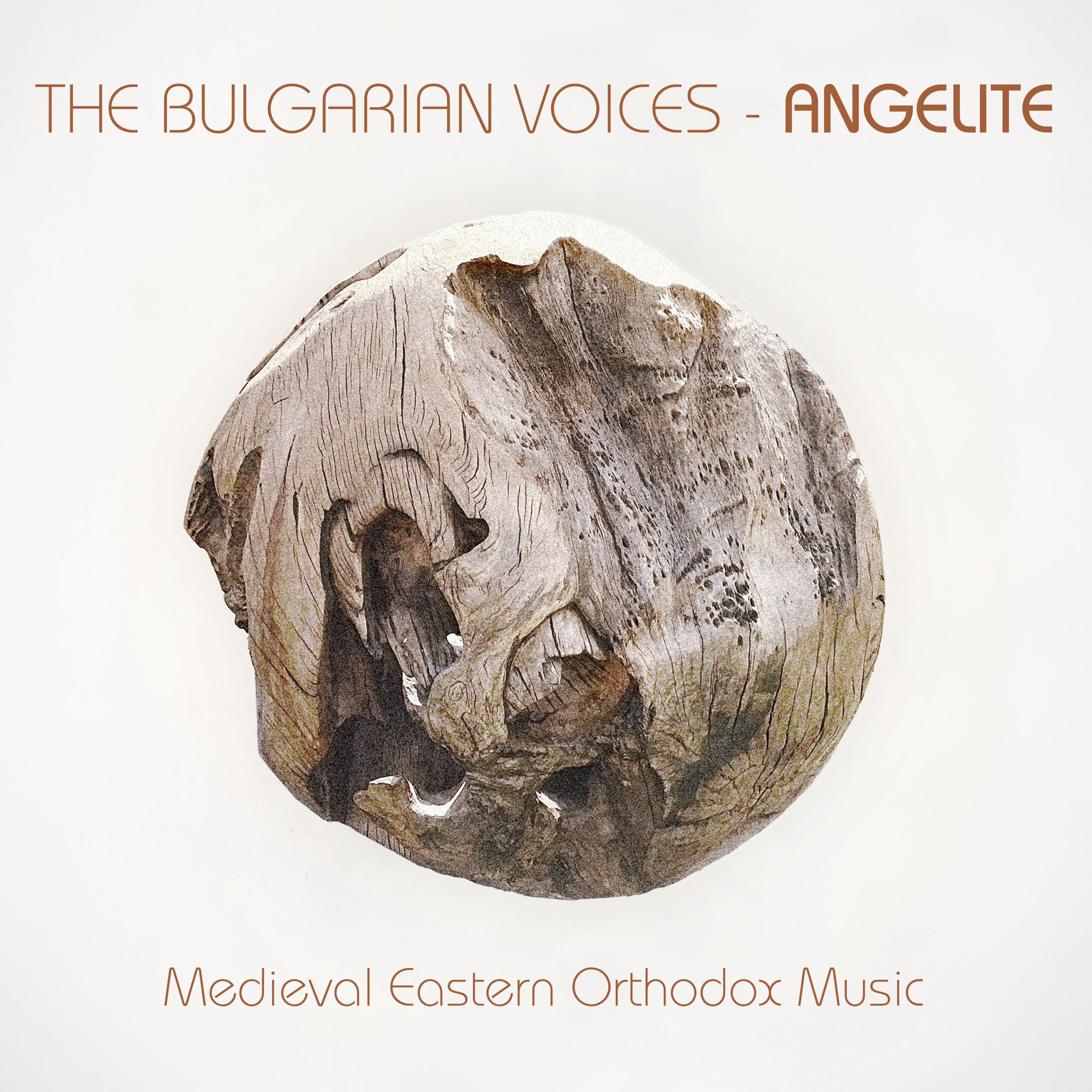[tabs style=”default”][tab title=”Info”]
Magical Song from the Balkans
The Balkans are boiling over – not, as you might think, with political problems but with a magnificent musical heritage, which over the past few years has suddenly grabbed the attention of that region of many peoples. Seen in purely musical terms, the Balkans can be considered a ‘boom region’ that has managed to create entirely new synergies from the clash of its diverse musical cultures and ethnic traditions.
In this corner of the world, Bulgaria is a microcosm in its own right. It, too, is home to numerous different peoples: In addition to Bulgarians it is home to Turks, Sinti, Romanians, Armenians, Jews, Walachians and Macedonians. This colourful cultural heritage has given rise to an idiosyncratic and highly specialised choral tradition, which the Bulgarians like to think dates back to their Thracian heritage. The people of Thrace were held in high esteem by the Ancient Greeks for their musical talents (Orpheus, the father of all singers, was a Thracian), and they once settled the region that Bulgaria occupies today. However attractive this basis in myth may sound, there were probably other musical and ethnological influences as well. Bulgaria was frequently on the marching routes of the Turks and long influenced by them. Musical ideas arrived from Russia as well, across the Black Sea; and there are also clear parallels with the other Balkan states, especially in Bulgarian instrumental music.
The choral music of the country, however, has retained its own unmistakable and almost magical style, a style that sets it far apart from the neighbouring countries. The women’s choir “Angelite – The Bulgarian Voices” provides an exceptionally good example of this style of singing. The reason for the magical, almost mystical effect produced by these melodies lies in the limited number of voices: A second line (and sometimes even a third) accompanies the main melody as closely as possible in harmonic terms. This results in near-dissonances but also produces an astonishing aural radiance, in which the voices fan out into a texture tipped with overtones.
During the mid-1980s, long before there was any talk of ethno or world music – and long before the Balkans began to boil – this special style of singing from Bulgaria was already fascinating Western Europe. “Bulgarian Passion” is a compilation of the finest recordings of Bulgarian song ever made.
[/tab][tab title=”Tracklist”]
1.Makedonsko devoiche / A Macedonian girl (Kiril Stefanov ) 3.29
2. Bogorodize Devo, radouisia (anoymn 16th century) 1.48
3. 300 Pushki (Stojan Gagov) 4.55
4. Bulgarian Pastorale (Georgi Petkov) 2.19
5. Triptih (Kaufman/arr. Ivanoff ) 9.09
6. Damba (trad. arr Georgi Petkov) 2.12
7. Vechera I Rado (trad.) 1.32
8. Pilentze pee (Krasimir Kyurkchiyski) 3.48
9. Kalimanko denko (Krasimir Kyurkchiyski) 4.56
10. Polegnala e Toudora (Philip Koutev) 3.20
11- Pushka Poukna (trad.) 2.37
12. Ozdole ide Devoitche (Dimitar Kanev) 1.31
13. Devoiko, devoiko (Vladimir Ivanoff) 2.34
14. Dyulmano, dyulbero (Krasimir Kyurkchiyski) 2.14
15. Dyulmano, dyulbero (Krasimir Kyurkchiyski) 5.12
( Italian Version = Pipppero) feat. Elio E Le Storie Tese
All songs performed by The Bulgarian Voices Angelite under exclusive contract by JARO Medien.
[/tab][/tabs]




